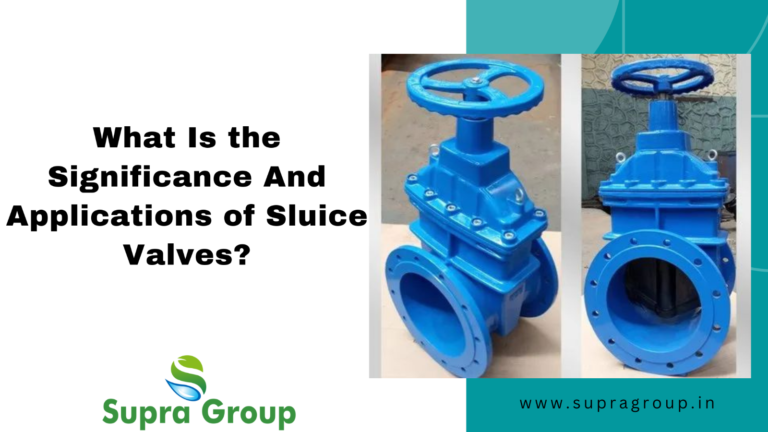
In the world of industrial applications, the proper regulation and control of fluids is of utmost importance. Sluice valves play a crucial role in this regard, allowing for the effective isolation, regulation, and control of flow in pipelines. In India, where industrial growth is rapidly progressing, the demand for reliable and efficient sluice valves is on the rise. In this comprehensive guide, we will explore the significance of sluice valves in India, their various applications, and the top manufacturers and suppliers in the country.
Importance of Sluice Valves
Sluice valves, also known as gate valves, are widely used in industries such as water treatment plants, oil and gas refineries, power generation plants, and irrigation systems. These valves are designed to provide a tight seal, ensuring the complete shut-off of flow when necessary. They are primarily used for on-off service, allowing for the isolation and maintenance of specific sections of a pipeline. The robust construction and durability of sluice valves make them ideal for handling high-pressure and high-temperature fluids.Applications of Sluice Valves
- Water Treatment Plants: Sluice valves are crucial components in water treatment plants, where they regulate the flow of water during filtration, purification, and distribution processes. They enable operators to isolate specific sections for maintenance or repairs without disrupting the entire system.
- Oil and Gas Industry: In the oil and gas sector, sluice valves are employed in pipelines to control the flow of crude oil, natural gas, and other petroleum products. Their ability to provide a tight seal and handle high-pressure conditions makes them invaluable to this industry.
- Power Generation: Sluice valves find extensive use in power plants, where they control the flow of water, steam, or other fluids to turbines, boilers, and condensers. These valves ensure efficient operation and prevent leakage or wastage of vital resources.
- Irrigation Systems: In agricultural applications, sluice valves are used to regulate the flow of water in irrigation networks. They allow farmers to control water distribution and minimize water wastage, thereby improving crop yield and conserving resources.

